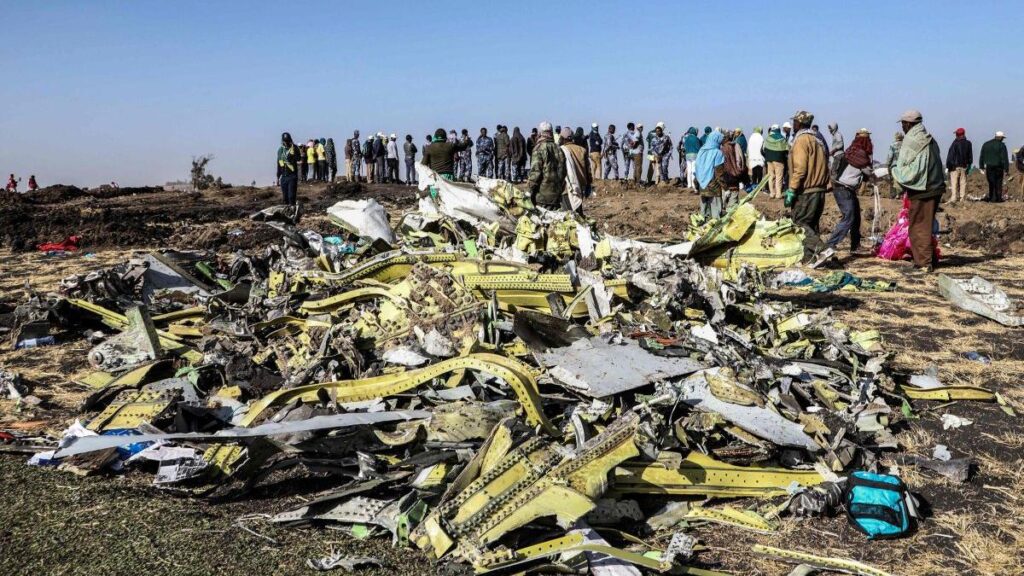Boeing Ordered to Pay $35.8 Million in Landmark Ethiopian Airlines Crash Verdict
A significant legal decision emerged recently as a US federal court jury in Chicago mandated Boeing to compensate the family of Shikha Garg, a United Nations environmental worker who perished in the Ethiopian Airlines 737 MAX crash. The jury awarded over $28 million in damages, leading to a total payout of $35.85 million including accrued interest.
Background of the Crash
The Ethiopian Airlines Flight 302 tragedy occurred in March 2019 shortly after takeoff from Addis Ababa, resulting in the loss of 157 lives. Shikha Garg, aged 32, was en route to Nairobi, Kenya when the Boeing 737 MAX crashed. This devastating accident followed five months after another Boeing crash involving Lion Air Flight 610 in Indonesia, raising serious safety concerns about the 737 MAX aircraft.
Design Flaws and Safety Concerns
The lawsuit filed by Garg’s family accused Boeing of releasing a defectively designed aircraft and failing to inform passengers and the public about known safety issues associated with the 737 MAX. Investigations revealed that both crashes were linked to a malfunction in the MCAS (Manoeuvring Characteristics Augmentation System), a critical automated flight control system designed to enhance aircraft handling.
Legal Implications
This verdict marks the first ruling among numerous lawsuits linked to the two crashes that claimed 346 lives. Boeing has settled more than 90% of the civil lawsuits connected to these incidents, amounting to billions of dollars in compensation and various other financial agreements.
Additional Settlements
Earlier this month, Boeing reached settlements in three additional lawsuits related to victims of the Ethiopian Airlines crash, although the details of these settlements remain undisclosed. The family’s attorneys expressed that the jury’s decision ensures public accountability for Boeing’s actions, particularly given the nature of the crashes that have marred the company’s reputation.
Significance of the Verdict
The outcome of Garg’s case is perceived as a landmark moment for victims’ families as they seek justice and accountability within one of aviation history’s most tragic episodes. The verdict not only serves as a financial judgement but also sheds light on the imperative need for stringent safety regulations in the aviation industry.
Moving Forward
As litigation surrounding the 737 MAX continues, this decision reinforces the ongoing pressure on Boeing to enhance transparency regarding aircraft safety and operational integrity. The implications of this case will likely resonate throughout the aviation sector, prompting reevaluation of safety measures and corporate accountability.
By understanding the complexities of this case, stakeholders can better navigate the evolving landscape of aviation safety. The plight of victims’ families, coupled with public scrutiny, may lead to vital changes that prioritize passenger safety over corporate profits.
For more insights into aviation safety and legal matters, check out related articles on aviation law and Boeing’s safety protocols.
Conclusion
Boeing’s obligation to pay $35.8 million not only serves as compensation for Garg’s family but also reflects a significant stand against negligence in aviation safety. As the industry grapples with the fallout from these tragic events, ongoing investigations and legal actions will likely play a crucial role in shaping future aviation standards.
